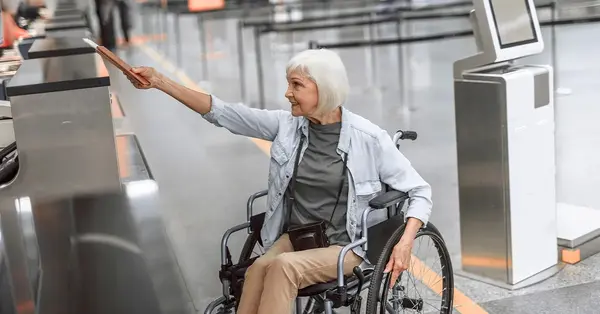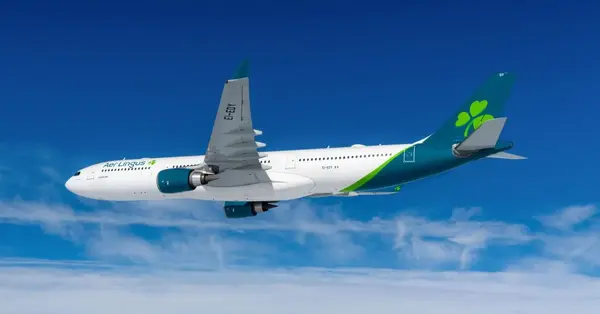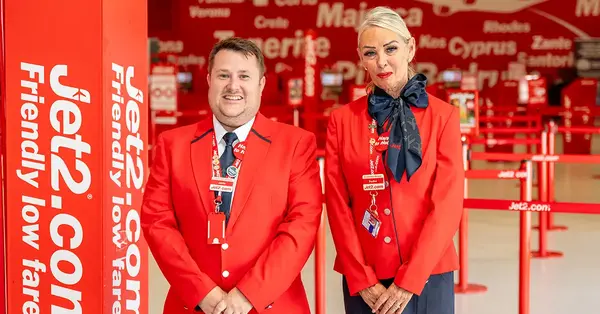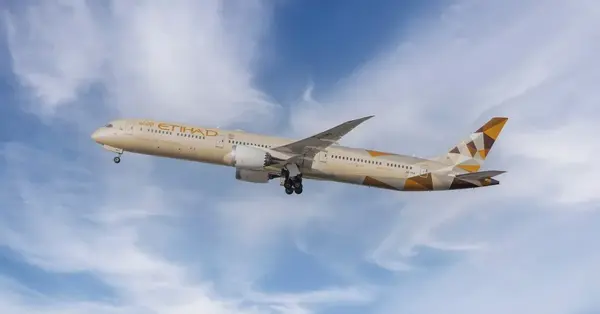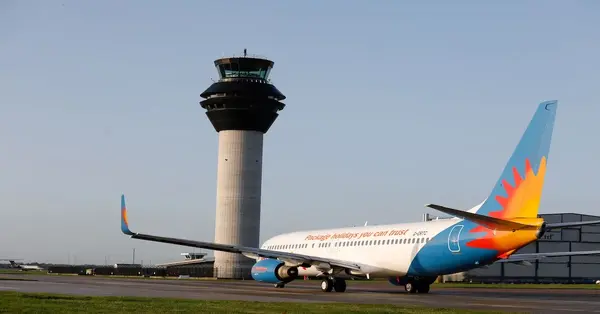You are viewing 1 of your 2 free articles
Comment: Pent-up demand and savings are driving bookings
January holiday sales have defied issues over consumer confidence and remained resiliently high despite the energy crisis, increasing interest rates and inflation running above 10%.
Fortunately for summer 2023 holiday sales, inflation impacts consumer confidence far less than massive home fuel bills, which the government price cap has dampened, or by mortgage rates that are now set to peak at a much more manageable 4.5% rather than the initially predicted 6%-7%, leaving confidence relatively undamaged.
As long as the UK government can halve inflation in the next two years as it predicts, any UK recession should be short and shallow, allowing the industry to continue to ride a wave of pent-up demand in summer 2024 until the economic outlook improves.
This pent-up travel demand, combined with extra savings from the Covid-19 lockdown, is driving demand for higher quality and more expensive holidays. This has boosted January volumes back towards 2019 levels, but importantly at much higher prices.
Constant rain during Christmas and January helped boost sales, reminding us of the need to escape for a little sunshine, but this does not explain the industry’s ability to pass on 20% price hikes.
These price increases were trigged by soaring aviation fuel prices which peaked at $175 per barrel in June 2022 and a pound that weakened against both the euro and dollar.
It makes you wonder if we have been undervaluing the services travel provides for many years and could have all been enjoying higher margins all along.
Fuel prices have since dropped to $135 per barrel, removing part of the large fuel-hedging advantage Ryanair held over its competitors, being the only major low-cost carrier to have hedged all its 2023 requirements at low rates. This should create healthy airline price competition as flight capacity expands again.
Logically, the travel industry will be able to boost margins by holding holiday prices at their current record levels, as input costs reduce and/or sterling improves against the euro or dollar. Most short-haul hotels are paid in euros and aircraft leases/fuel in dollars, so any changes in exchange rate have large positive or negative impacts on margins and prices.
The evolution of the UK travel industry means it is now dominated by dynamic packaging OTAs like Love Holidays and On the Beach and the in-house tour operations of Jet2 and easyJet. All these are driven by low-cost yield algorithms that gradually increase prices from launch to departure date, rewarding early bookers with better prices.
When publications like Which? tell their readers to book early to get the best deals, the industry knows it is ‘job done’.
The one thing the industry has not resolved yet is financial protection.
I welcome the CAA’s announcement that it intends to introduce risk-based pricing, with higher-risk integrated tour operators asked to pay more than dynamic packaging OTAs. However, the current bonding regulations remain fundamentally flawed.
The airline sector continues to evade bonding regulations and can freely use customer cash without restriction.
Similarly, Booking.com has no restrictions on how it uses customer money paid for hotel bookings and avoids bonding DIY holidays sold in two stages by promoting flights to customers 24 hours after they book holiday hotels.
Why do these holidays not need to be bonded when ones sold on the ‘Flight and Hotel’ tab on the same site do? It’s completely illogical.
Since 2005, the industry has called for a simple £1 all-flights levy that would spread the burden equally across all major players, creating a £1-billion fund within years. The current rules, that insist on travel agents bonding holidays while DIY holidays secured via Google need no protection, need to be scrapped.
Fortunately, the Covid-19 disruption opened many customers' eyes to the need for Atol-protected holidays which make the travel company responsible for rearranging all elements of a disrupted holiday. There has been a clear move away from DIY holidays, with customers happy to pay the extra cost for bonded options.
However, this will not last forever. It’s important the CAA delivers a level playing field for all travel companies by forcing airlines to protect customer cash.




